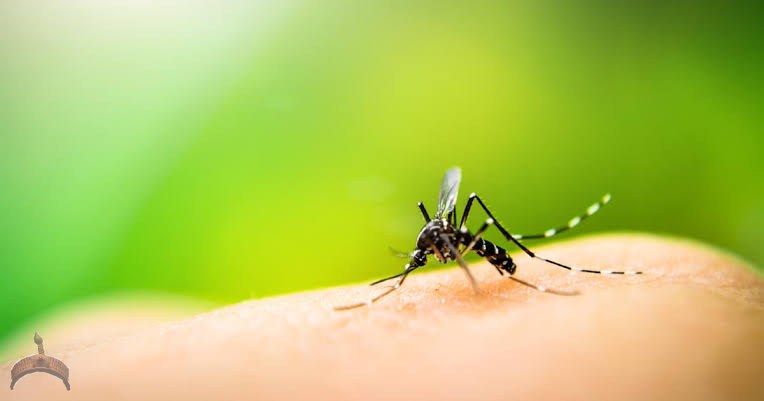Keep the sun out
This is one of the main causes of wrinkles. Plenty of studies have found the connection between wrinkles and too much sun. Wrinkles tend to appear on the face, neck and back of the hands first as they are generally the areas most exposed to the sun.
Avoid smoking
The skin of smokers ages more quickly than that of non-smokers. Smoking can break down the skin’s natural collagen which makes it look less firm, attractive and more wrinkled.
Sleep on your back
Don’t avoid sleep and make sure you do it on your back. If you sleep on your side or front every night you can get sleep lines marked into your face which doesn’t disappear when you get up. Over time, these lines can become a permanent facial fixture.
Use anti-wrinkle creams
Applying anti-wrinkle creams to the affected spots is one of the best ways to deal with wrinkles. These creams can be purchased online and they are very affordable.
Eat a healthy and varied diet
The condition of your skin can sometimes be reflected in what you eat. Hence, feed your skin from the inside by eating a variety of foods that are healthy and nutritious. Also, drink plenty of water and don’t over consume alcohol, which can dehydrate the skin.
Moisturise
A simple moisturiser without any special ingredients will reduce the appearance of wrinkles. The skin will appear smooth rather than dry and lined.
 Ọmọ Oòduà Naija Gist | News From Nigeria | Entertainment gist Nigeria|Networking|News.. Visit for Nigeria breaking news , Nigerian Movies , Naija music , Jobs In Nigeria , Naija News , Nollywood, Gist and more
Ọmọ Oòduà Naija Gist | News From Nigeria | Entertainment gist Nigeria|Networking|News.. Visit for Nigeria breaking news , Nigerian Movies , Naija music , Jobs In Nigeria , Naija News , Nollywood, Gist and more









